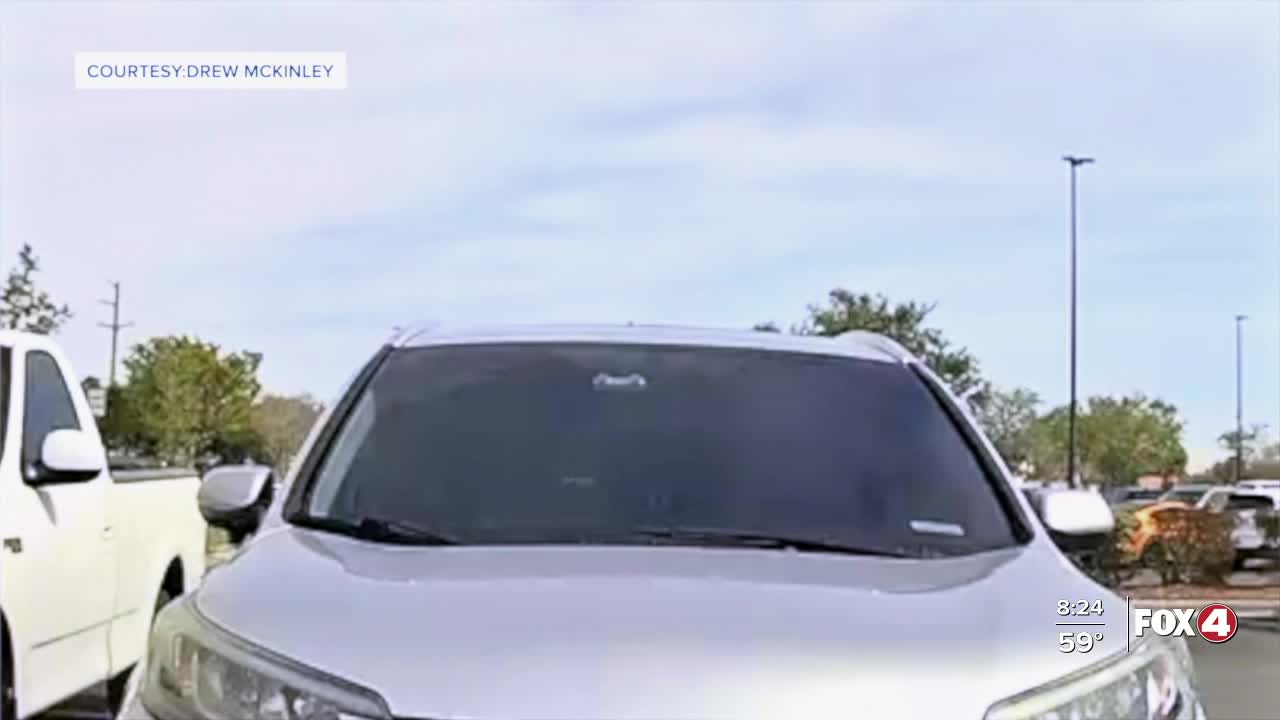The Leonid Meteor Shower peaks tonight (Sunday) and early tomorrow (Monday) morning!
There will be no moonlight and with mostly clear skies, you may catch 10-15 meteors per hour.
Tips to see the meteor shower
NASA Ambassador, Tony Rice, recommends heading outside and giving your eyes 15 minutes to adjust. Don’t look at your phone, or your eyes will reset. The better they’re acclimated to the darkness, the more you’ll see. Also, he says to be patient.
The best viewing will be a couple hours before sunrise, which is slated for 6:48am.
If you miss this shower, not to worry. The brighter Geminid meteor shower peaks in mid-December.
Active space weather
The weather may have been quiet this past week, but that has not been the case in space.
A severe geomagnetic storm illuminated the night sky and sent the aurora south once again, even to parts of Florida.
“So activity on the sun ebbs and flows in about an 11 year cycle. And we’re at the peak of that 11 year cycle,” said Rice, who explained that during the peak, we see more coronal mass ejections, or CMEs.
So what is a CME?
“That’s just a tremendous amount of energy and charged particles. It’s those charged particles that connect with the upper atmosphere and create all those beautiful colors. You can kind of think of it like a belch. It’s the sun releasing all that energy, but it releases it all at once,” said Rice.
You may recall last May’s G5 storm that sent vivid colors all the way to the Keys. Rice says another sighting is a possibility during the peak of this solar cycle!
“That could happen again. We’re not expecting that it’s going to last until next year but over the next couple week or couple months, if the sun decides it’s going to send out another of those coronal mass ejection, we could very well see some activity like that and see some more aurora,” Rice explained.
Tuesday's fireball
Also on Tuesday, a “fireball” meteor flew across the sky with reports from Miami to Savannah, Georgia.
“A meteor is something that’s moving through the atmosphere, these are just space rocks. These are random rocks that are moving around the solar system that earth is running into. That’s what causes them to come through our atmosphere….That one you saw in South Florida recently was pretty big, but physically was smaller than a football,” said Rice.
The meteors that we see in a meteor shower are about the size of a grain of rice.




